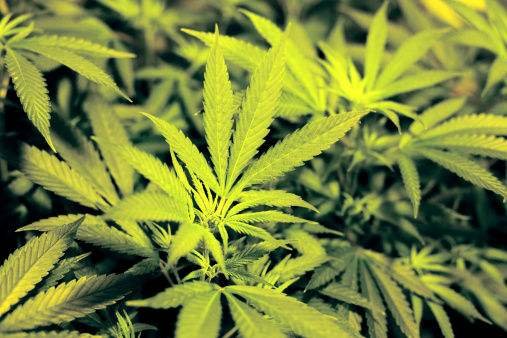So far, everyone knows that to export medical cannabis to Germany, which is currently the world's largest importer of medical cannabis flowers, the EU Good Manufacturing Practices (GMP) are required.
However, in addition to obtaining this certification, if certain quality requirements are not considered and well integrated into the business plan before any export occurs, it can have a huge impact.
An example is the microbial quality of flowers.
Acceptable levels of microorganisms are defined in the general monographs of the European Pharmacopoeia, and producers can reach these levels by growing in extremely clean environments or purifying them by irradiating flowers.
However, flowers must be irradiated in a laboratory that meets strict German requirements, and this facility is not available in every country. In addition, German importers need to apply for special permission to sell irradiated drugs.
Irradiating a product can have a significant impact on the business as it can present operational, financial and bureaucratic challenges to unprepared companies.

Should I radiate or not?
If the company's products do not meet the European Pharmacopoeia's acceptable microbiological criteria, then if they want to export to Germany for distribution in a pharmacy, they have no choice but to irradiate cannabis flowers.
However, even companies that produce "clean" products may want to make irradiation a part of business decisions that involve safety considerations. Considering patients with weakened immune systems, these companies may want microbial counts as close to zero as possible.
It is generally accepted that irradiation does not alter THC or CBD levels (translated as cannabidiol or malazone), but it does reduce the presence of some terpenes. Some people think that less terpene content will reduce the therapeutic value of flowers, which is a term for non-irradiated products.
Companies that grow "clean" products and can choose whether or not to irradiate need to balance the two aspects.
If irradiation is needed or desired, finding qualified laboratories for irradiation can be a challenge for many countries now planning to export to Germany.
Another option might be for the producer to transfer the burden of the irradiation process to the importer. Although it is possible to do so in Germany, it certainly means exporting at a lower price per gram, as importers will have to deal with heavy financial and operational challenges.
Follow the procedure
Tests must be performed to determine if the flowers meet acceptable microbiological levels, although results may vary depending on how the test is performed.
It is therefore important to test according to the German Pharmacopoeia (DAB) monograph, which establishes detailed test methods and procedures for testing different contaminants as described in the European Pharmacopoeia.
German paperwork
Irradiation is not just a problem for producers.
Importers of medical cannabis radiant flowers imported from Germany must submit an application to the Federal Medicines and Medical Devices Association (BfArM) for each flower they intend to distribute.
This is true even if another importer has already submitted an application for the same product, which is a common situation for flowers imported by several distributors from the Netherlands.
BfArM charges € 4,500 ($ 4,951) for each application. Therefore, if the importer wants to distribute only three types of flowers: high THC, high CBD and balanced flowers. Many consider this to be the "minimum" product offer-importers must plan to pay BfArM € 13,500 to obtain authorization to distribute these irradiated products.
Not only are the direct financial burdens due to fees, but the paperwork and time involved can take months, which may also delay the time to market for the product.
BfArM requires a long list of documents, which requires detailed explanations of the irradiation process.
Who shines?
Almost all flowers currently sold in Germany are imported from the Netherlands and Canada, and have recently been shipped from Portugal.
Bedrocan's flowers produced in the Netherlands are irradiated by third-party laboratories in the country of origin.
The Cannabis Business Daily commented on all Canadian companies currently exporting to Germany.
Aurora Cannabis producers in Alberta, Canada and Cronos Group and Wayland Group in Ontario have made clear that they do not irradiate flower products currently sold on the German market.
A spokesman for Canopy Growth, based in Ontario, told MJBizDaily, "This process does not always apply, but if it does, it will take place in Canada. It can be performed internally by Canopy or a third party."
As for Tiller, British Columbia, a spokesperson said:
"All medical marijuana manufactured products shipped from Tilray's Canadian plant and (future) shipments from Tilray's EU campus in Portugal will be based on Tilray products. The form is sold in a pharmacy, "which is irradiated by a qualified GMP-certified third party. "